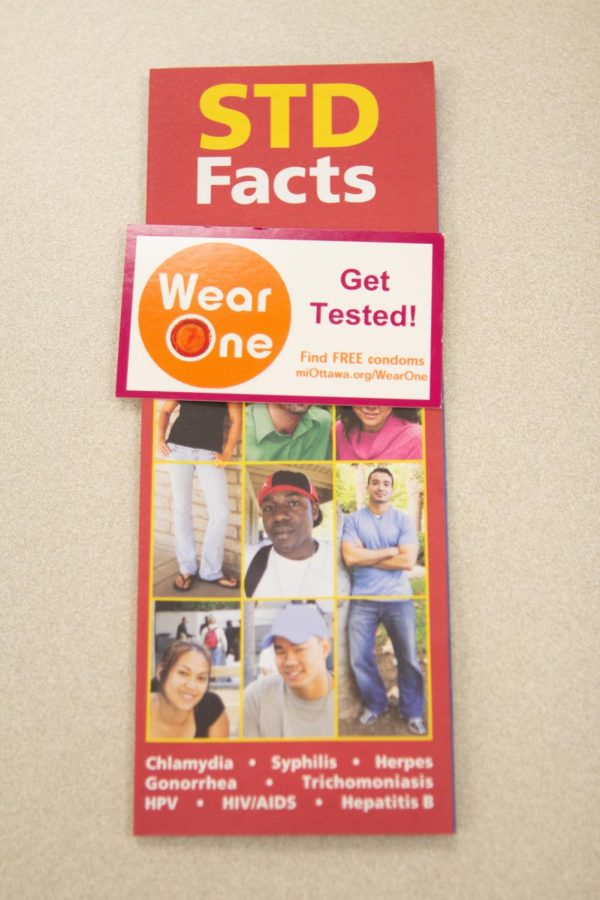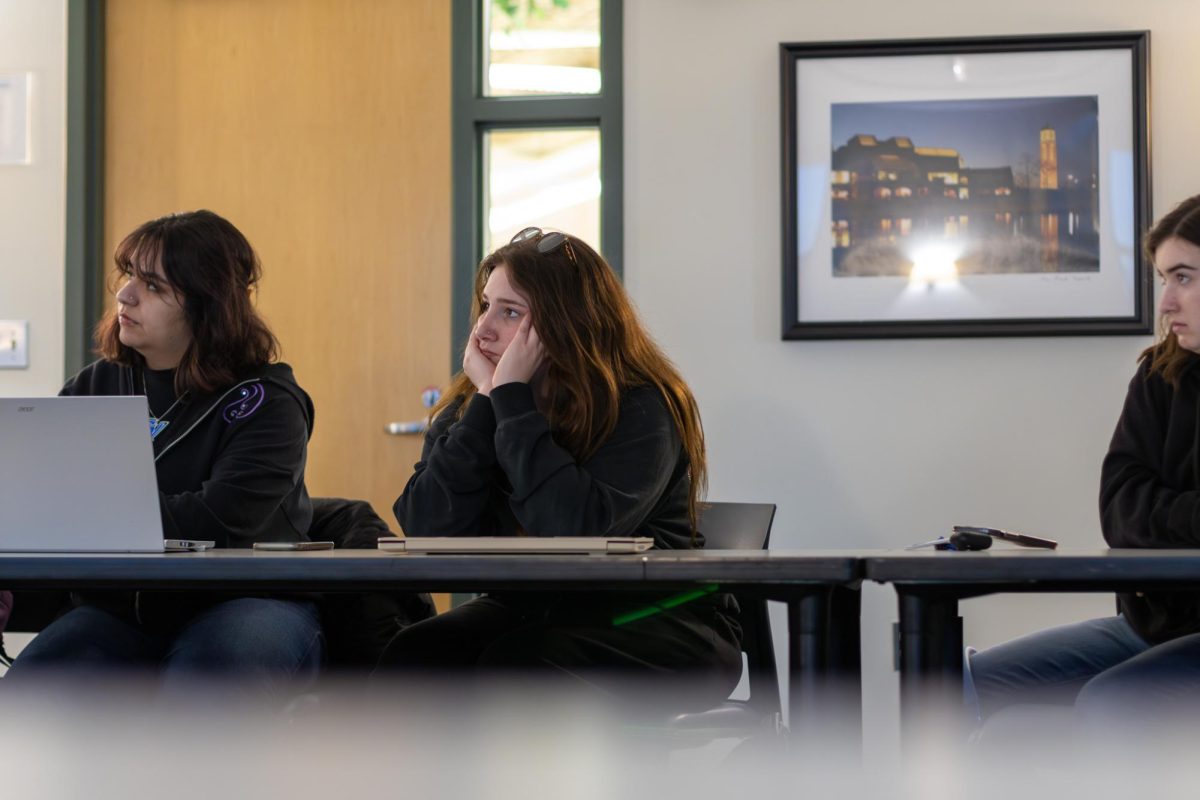GV seeks to combat campus STI rates amidst nationwide surge
Nov 21, 2022
Amidst a surge in sexually transmitted infections (STIs) nationwide, staff at Grand Valley State University have sought to sustain efforts to fight against the spread of such infections.
According to the CDC, in recent years, young people, like those on college campuses, have accounted for nearly half of new STIs.
When considering the two most-common sexually transmitted infections, gonorrhea and chlamydia, many infected patients go untreated due to a lack of symptoms. When left untreated, sexually transmitted infections can lead to detrimental long-term reproductive consequences for both men and women.
Young adults between the ages of 15-24, account for the most gonorrhea and chlamydia cases each year, according to the CDC. Although chlamydia appears to be on the decline for the time being, potentially due to its often-asymptomatic nature, new cases of gonorrhea are up 45%.
Most notably, the CDC also reported a drastic rise in syphilis cases in 2020, after its near eradication from the United States in the early 2000s.
Experts suggest that this may be a result of a newly adopted laissez-faire attitude of young people surrounding barrier-based contraceptive methods. Consequently, studies performed by National Health Statistics Report found that only 19% of men and 14.8% of women between the ages of 15-44 reported using a condom every time they had sex during the last 12 months.
The rise in STIs could potentially be a result of the popularity of hormone-based birth control for women. Although this is effective in preventing pregnancy, it does not prevent against sexually transmitted diseases and infections.
GVSU’s Assistant Director of Student Wellness Katie Jourdan said that the university has been attempting to prevent such misconceptions from forming among students regarding birth control and contraceptive measures.
“In the United States, we are not doing a good job of teaching Sex Ed to young people in general,” Jourdan said. “There is a lot of misinformation around the idea that if you talk about sex, then young people are going to have sex, and that’s really not the case. My goal is to create evidence-based, sex-positive, inclusive and empowering sex education for Grand Valley students no matter what choices they make regarding sex.”
Jourdan and her colleagues at GVSU have sought to make tangible strides in identifying and combatting cases of STIs on campus.
One of the ways GVSU has worked to promote sexual wellness on campus includes Wellness Information Team (WIT) Peer Education program.
GVSU students may know WIT for their Condom Cart, which makes weekly appearances in various places on campus to bring safer sex tools to the community. Along with this, WIT gives frequent presentations about not only safe sex, but other areas of health and wellness to students throughout the year.
Clubs or other on-campus organizations also have the option to request a presentation event from WIT.
One of the goals of WIT’s programs is to provide education to traditionally marginalized communities, like LGBTQ-identifying individuals.
“Whether they are choosing abstinence, choosing to engage in sexual activities, whatever their gender identity is or their sexual orientation, I want them all to feel empowered that they have the information to make the best decisions for themselves,” Jourdan said.
Understanding the statistics and reaching out to educated peers and professionals with questions about sexual wellness as needed can be a useful tool for GVSU students to keep themselves and others safe.
























